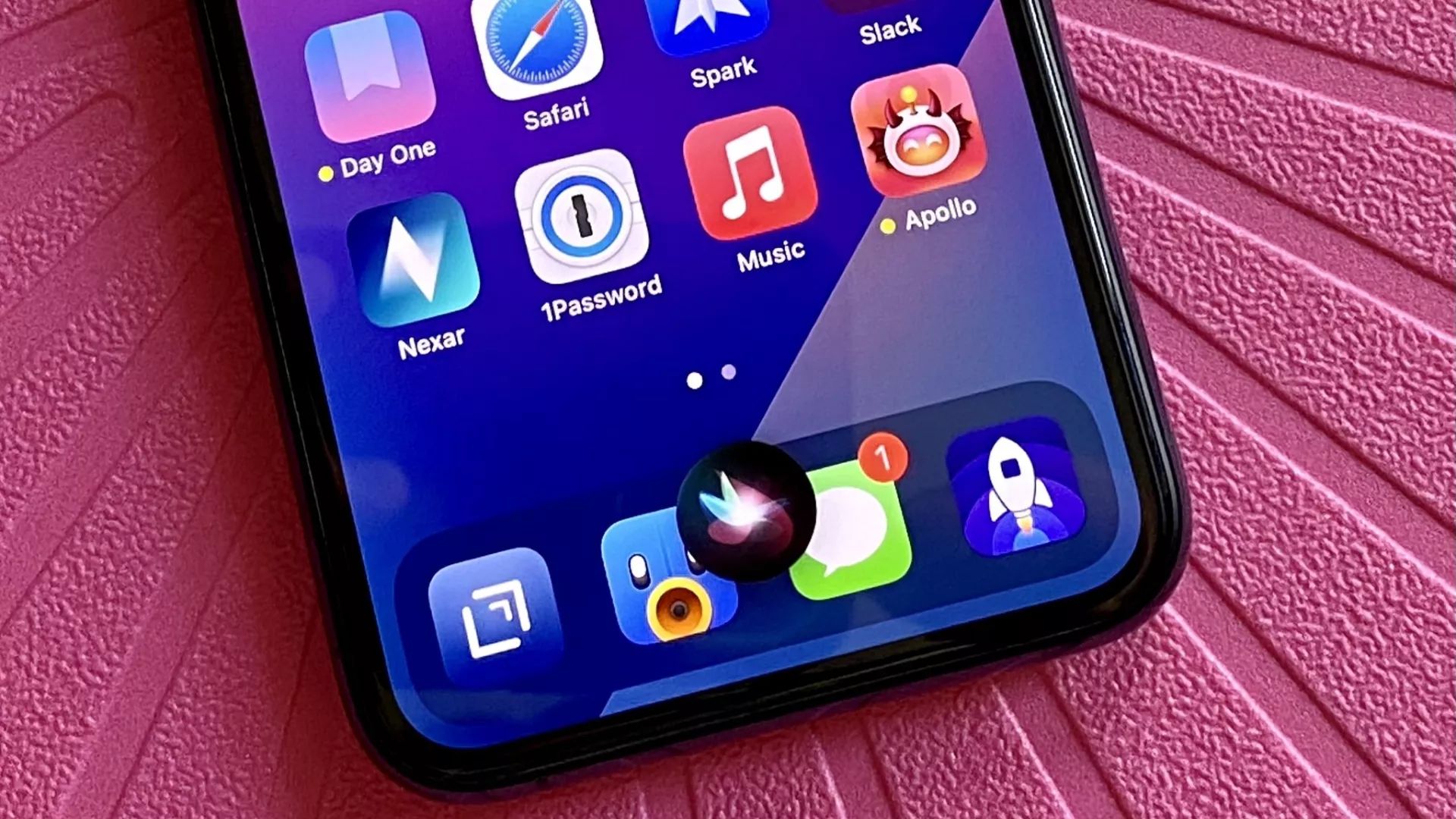
There have long been rumors that Apple intends to launch a big new wave of AI features with the release of iOS 18 this fall after unveiling the software at WWDC next month. Some of those AI features are expected to run on the device itself, whether that's an iPhone, an iPad, a Mac, or something else entirely. But for the most complex of AI features and workflows, more power will be needed. More specifically, cloud-based servers will be needed, and that brings with it a few problems.
Some of the problems are obvious. Performance is impacted because iPhones and other devices will have to send data to a server in a data center and then wait for the response before progressing with whatever the user wants or needs. But more importantly, and more crucially for Apple, there are privacy and security implications related to having data leave devices and arrive in the cloud. However, a new report claims that Apple has an answer for people who may be concerned about data privacy.
According to that report Apple intends to leverage the power of Apple silicon to bring a newfound focus on privacy to the server-side component of its AI features that might otherwise not be possible. It's all thanks to Apple Chips in data Centers, or ACDC, a project that takes Mac-like chips and puts them into servers, ditching the familiar Intel, AMD, and Nvidia silicon in the process. And that. we're told, is key to helping ensure that data stays safe and sound even when it's being processed in the cloud.
Privacy matters
That report comes from The Information and cites four former Apple employees who worked on the project to level up the company's AI capabilities. They say that Apple has plans to keep the data that its servers process in a "virtual black box," preventing Apple employees from gaining access to it even if they want to — and, importantly, reducing the company's liabilities should law enforcement come calling.
Cloud companies routinely encrypt data that is being handled on servers, but this new approach will reportedly go a step further and follow the concept of "confidential computing," an industry term that is used to describe the process of keeping data away from prying eyes. And it's all made possible by Apple silicon.
"Apple’s confidential computing techniques utilize the high-end custom chips it originally designed for Macs, which offer better security than competing chips made by Intel and AMD, the people said," the report explains. "By using its own chips, Apple controls both the hardware and software on its servers, giving it the unique advantage of being able to design more secure systems over its competitors." With this in mind, it's thought that Apple will be able to process complex AI data in the cloud while still maintaining the claim that it can be trusted in terms of data privacy and security — something the company has long leveraged when marketing the iPhone and Mac.
This will all be key for Apple and its users, especially if it is to offer new AI features akin to those already shown off by OpenAI's ChatGPT and Google's Gemini chatbots. Both of those run on servers in data centers and Apple will need to follow a similar path if it is to compete with the features and capabilities they boast.







